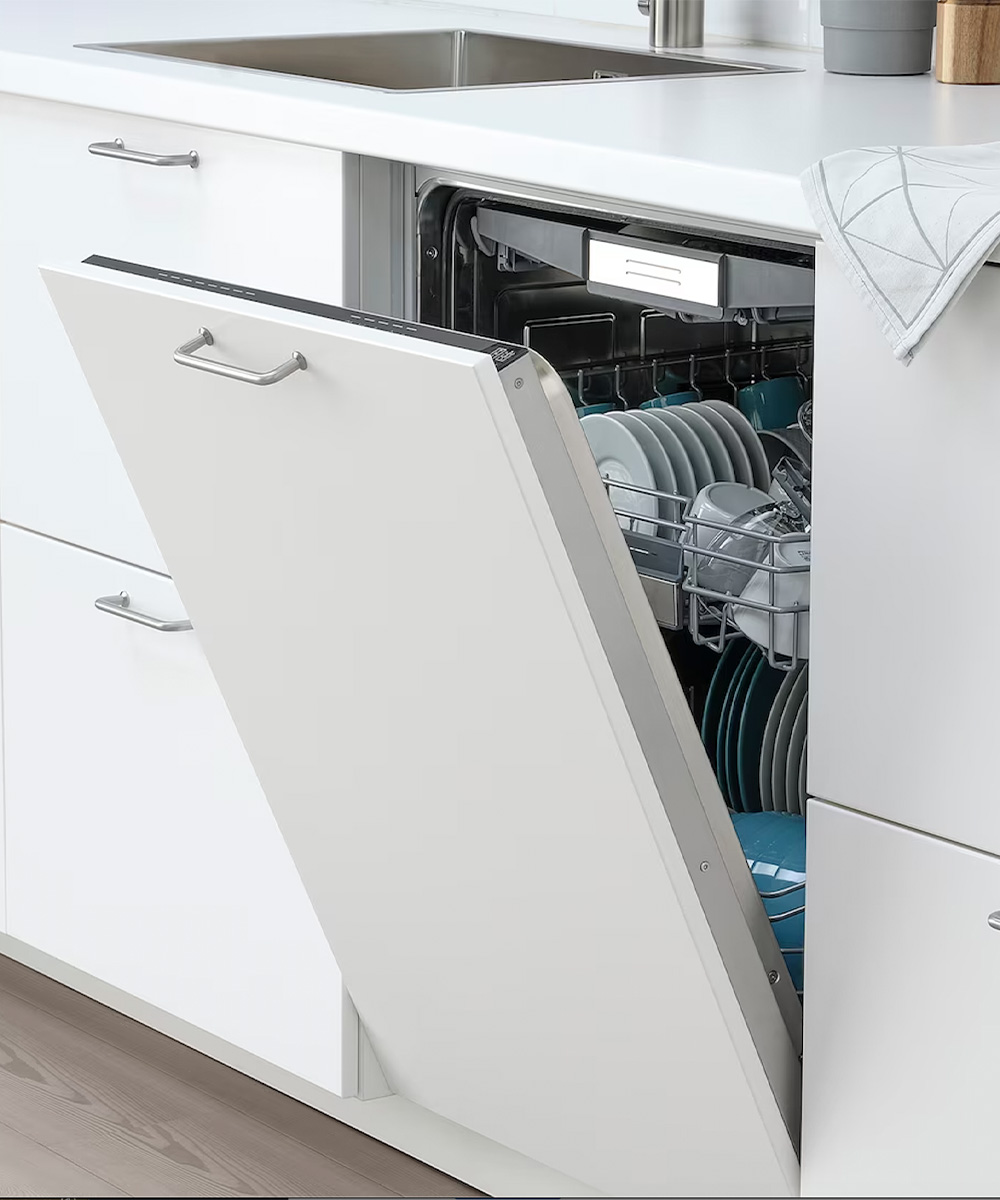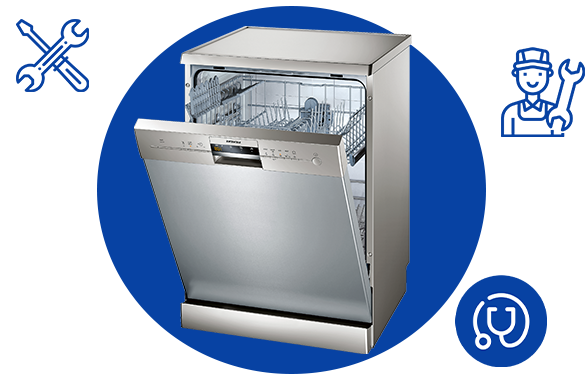Is It Cheaper to Repair or Replace a Dishwasher?
One common concern among dishwasher owners is whether it is more cost-effective to repair or replace a malfunctioning unit. While each situation is unique, there are a few factors to consider when making this decision.
Cost of Repairs
When evaluating the cost of repairs, it’s important to assess the extent of the problem and the associated repair costs. In some cases, a simple fix may be all that’s needed, such as replacing a faulty component. However, if the repairs are extensive and involve multiple components, the costs can quickly add up.
Age of the Dishwasher
The age of your dishwasher is another crucial factor to consider. If your appliance is nearing the end of its expected lifespan and frequently experiencing issues, it may be more practical to invest in a new dishwasher. Newer models often come with advanced features, improved energy efficiency, and enhanced performance, making them a worthwhile long-term investment.
Importance of Regular Dishwasher Maintenance
Regular maintenance is key to extending the lifespan of your dishwasher and avoiding costly repairs. Here are some essential maintenance tips to keep your dishwasher running smoothly:
1. Clean the Interior and Exterior
Regularly wipe down the interior and exterior of your dishwasher to remove any residue, food particles, or mineral deposits. Use a soft cloth or sponge and a mild detergent to clean the surfaces. Pay attention to the door gasket, spray arms, and filters, as these areas can accumulate debris over time.
2. Check and Clean the Filters
Filters are an integral part of your dishwasher’s functionality. They help trap food particles and prevent them from clogging the spray arms and drain pump. Check your dishwasher’s user manual to locate the filters and remove them for cleaning. Rinse them under running water to remove any debris, and make sure they are completely dry before reinstalling them.
3. Inspect the Spray Arms
The spray arms distribute water throughout the dishwasher to ensure thorough cleaning. Over time, the spray arms can become clogged with debris, affecting their performance. Inspect the spray arms regularly and remove any food particles or mineral deposits that may be obstructing the spray nozzles. A toothpick or a small brush can be useful tools for this task.
4. Run Regular Cleaning Cycles
To keep your dishwasher fresh and odor-free, run regular cleaning cycles. There are dishwasher cleaning agents available on the market specifically designed to remove buildup and eliminate unpleasant smells. Follow the instructions on the cleaning agent packaging for optimal results.
5. Check for Leaks
Periodically inspect your dishwasher for any signs of leaks. Look for water pooling around the base of the dishwasher or dampness in the surrounding cabinets. If you notice any leaks, it’s important to address them promptly to prevent water damage to your kitchen.
6. Use Proper Dishwasher Detergent
Using the correct dishwasher detergent is crucial for optimal cleaning performance. Follow the manufacturer’s recommendations and choose a detergent that is suitable for your dishwasher and water hardness level. Using excessive detergent or the wrong type can lead to poor cleaning results and may even cause damage to your dishwasher.
7. Avoid Overloading
While dishwashers are designed to handle a certain capacity, it’s important not to overload them. Overloading can prevent proper water circulation and lead to subpar cleaning results. Follow the loading instructions in your dishwasher’s user manual to ensure dishes are arranged properly for effective cleaning.


